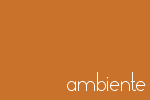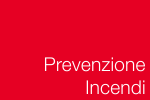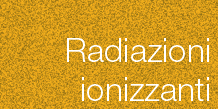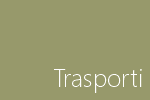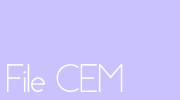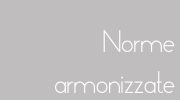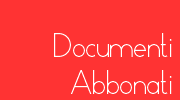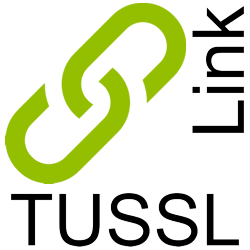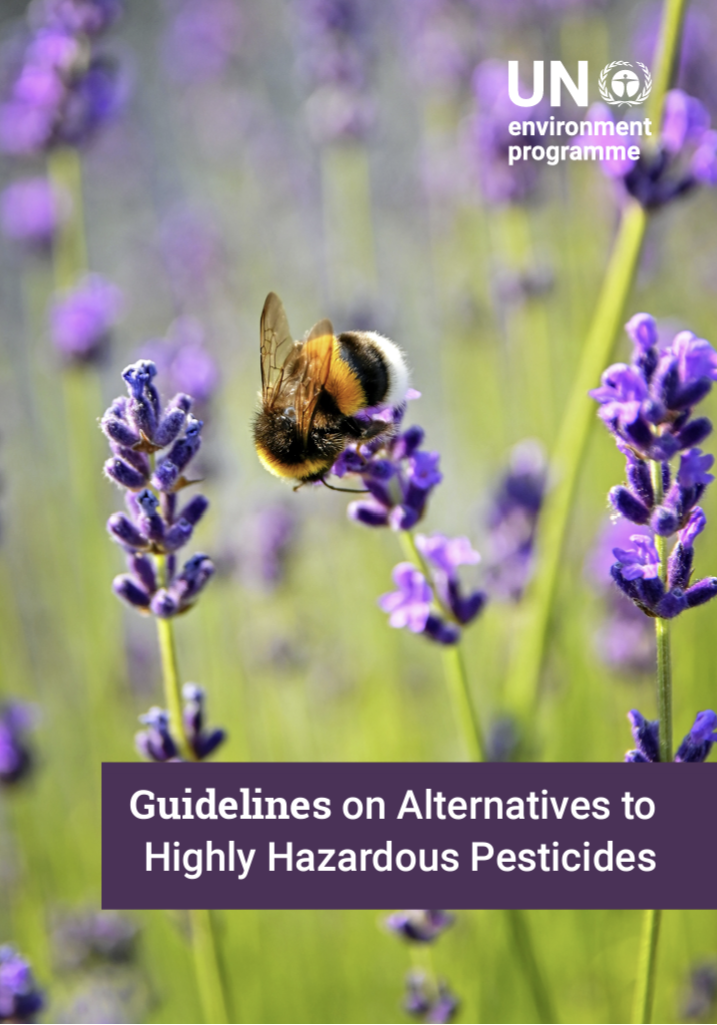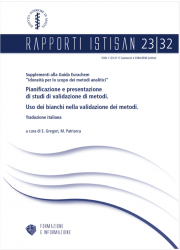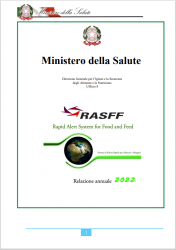Guidelines alternatives to highly hazardous pesticides
| ID 20472 | | Visite: 2031 | Documenti Chemicals Enti | Permalink: https://www.certifico.com/id/20472 |
Guidelines alternatives to highly hazardous pesticides (HHPs) / UN Environment Programme
ID 20472 | 26.09.2023
Highly hazardous pesticides (HHPs) are those that are acknowledged to be of a particularly high level of acute or chronic hazard to health or the environment according to internationally accepted classification systems, such as that of the World Health Organization (WHO) or the Globally Harmonized System of Classification and Labelling of Chemicals (GHS), or according to their listing in relevant binding international agreements or conventions. In addition, pesticides that appear to cause severe or irreversible harm to health or the environment under the conditions of use in a country may be considered to be and be treated as highly hazardous (Food and Agriculture Organization of the United Nations [FAO] and World Health Organization [WHO] 2014).
Decisions about whether an HHP should be used in a country generally rest with national pesticide regulators. Sometimes, pesticide producers or traders may decide to withdraw a product, and in other cases major buyers of agricultural products may instruct their growers or suppliers not to use certain pesticides. As a result, HHPs are taken out of use in situations where health and safety considerations, environmental concerns and trade requirements determine that they cannot continue to be used. Most pesticides (about 80 per cent) are used by farmers in crop production, with an estimated 13 per cent used in industry and by government authorities (for example, for disease vector control or highway maintenance) and about 8 per cent used in domestic environments. Women, men and children all play roles in agricultural production and also in other sectors where pesticides are used, and it is important to consider the different ways in which these groups may use and be exposed to pesticides and the different types of impact that the pesticides may have on them. When HHPs are removed from use because of health or environmental concerns, farmers and other users need alternative ways of controlling the pests or diseases that the HHP was used to fight.
There is often an expectation that whatever replaces an HHP should be equally effective, similarly priced, easy to buy and easy to use. Meeting all those expectations is not always possible and may not always be desirable. For example, the replacement of an HHP with a biocontrol agent may necessitate the training of users, which makes its use initially more complex, and the replacement of an HHP with a chemical pesticide may give rise to different health or environmental risks that are undesirable. This issue is explored further in section 5. This document is designed to:
- Identify the roles of the different stakeholders in the process of replacing HHPs and suggest how they can support one another in order to maintain agricultural productivity while protecting health and the environment;
- Provide information and reassurance that there are viable alternatives to HHPs. This document is not a catalogue of alternatives to HHPs as it would be impossible to produce such a thing. Each crop, pest, ecosystem and national regulatory system potentially requires a different solution for pest management, and the options and variations are therefore infinite.
This document is thus a guide to the consideration of and the process of deciding on suitable alternatives to HHPs.
This document is also aligned with the Guidelines on Highly Hazardous Pesticides (FAO and WHO 2016), published under the International Code of Conduct on Pesticide Management (FAO and WHO 2014), and with the modules of the Pesticide Registration Toolkit (FAO 2016) on HHPs and on the assessment of alternatives.
The Pesticide Registration Toolkit is designed to support pesticide regulators in their decision-making processes, while this document is aimed at a broader audience of policymakers, decision makers and advisers from the agriculture, health and environment sectors who may wish to engage in those decision making processes with an understanding of what is possible in terms of replacing HHPs.
add in attachment
Collegati
Regolamento (UE) n. 528/2012 | Testo consolidato (BPR)
Regolamento (CE) n.1107/2009
Tags: Chemicals Regolamento BPR





